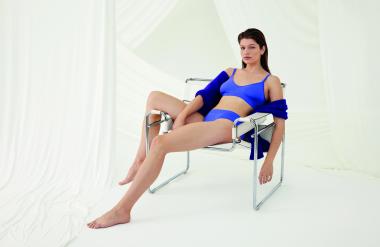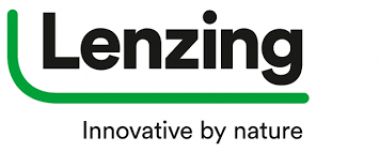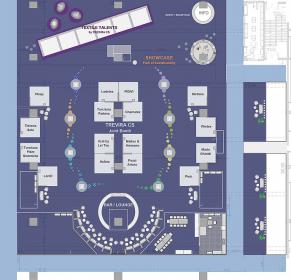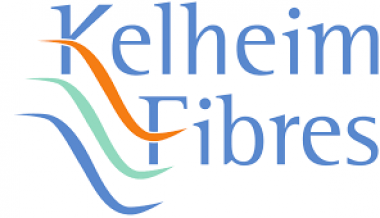Speidel: Neue Wäscheserie mit TENCEL™ Lyocellfasern
Die neue Serie „simply“ aus 93% CO2-neutraler TENCEL™ Lyocellfaser und 7% Elasthan LYCRA® ist für den Wäschehersteller Speidel eine weitere Produktinnovation ganz im Sinne der Speidel Firmenphilosophie mit klimaneutralem Headquarter.
Mit CO2-neutraler TENCEL™ Lyocellfaser ergänzt Speidel sein bereits bestehendes nachhaltiges Basic Sortiment. Denn die Fasern sind gemäß der Richtlinie des CP-Protokolls als klimaneutrale Produkte für die Textilindustrie zertifiziert. Und sie können noch mehr: Die Wasseraufnahmefähigkeit der Fasern ist 50 Prozent höher als die von Baumwolle. So wird Feuchtigkeit zuverlässig vom Körper weggeleitet, sodass Bakterien und unangenehme Gerüche keine Chance haben. Auf diese Weise verleihen die Wäschestücke der brandneuen Serie der Haut ein kühles und trockenes Gefühl.
Zur neuen Serie „simply“ gehören drei moderne Slipformen: Minislip, Midislip und Pant. Sie werden ergänzt durch Soft BH und Schalen BH Triangle (verfügbar bis Cup D), sowie ein Achselhemd. Alle Teile bestehen aus 93% Lyocell TENCEL™ und 7% Elasthan LYCRA®. Slips und Hemdchen begleiten dank flacher Verarbeitung und ohne störende Seitennähte bequem durch den Tag. Die Serie erscheint sowohl in klassischem Schwarz und Weiß als auch in modernem Frappé und Lapis, und ab Juni 2023 erhältlich.
Speidel GmbH
































